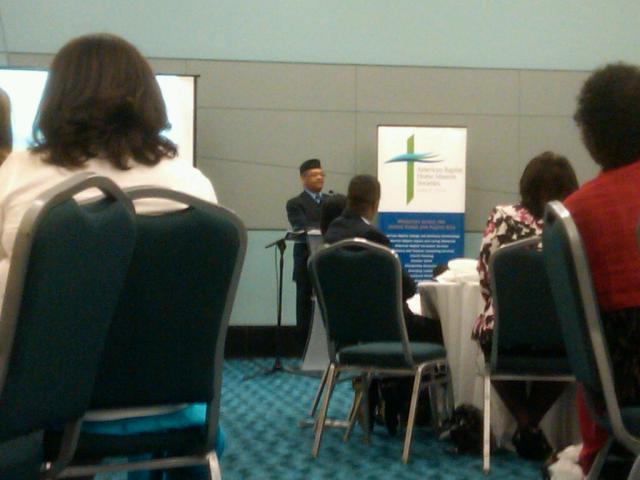
News broke recently that South Carolina deputy Ben Fields, who brutally abused a student in school – WWE-styled – was fired. The abuse was caught on tape. This incident was the latest in a series of police related violence. Many have called the act racially motivated. As these events have transpired many Evangelicals have either turned their head or flat out rejected racism was involved.
Evangelicals, popular on television and radio have sparked a debate by refusing to begin a conversation on racism or by rejecting that racism has a part in recent violence. Former presidential candidate and Evangelical pastor Mike Huckabee once remarked that Jay Z had pimped out his wife Beyoncé. Oblivious to the obvious to the racial stereotypes and cultural references, Huckabee did not retract his statement. Calls for Evangelicals to abandon their tone-deff cultural views have largely gone unnoticed. In 2012, speaking on the death of Trayvon Martin, Southern Baptist Convention Richard Land, president of the Ethics & Religious Liberty Commission said black leaders were use Martin’s death to“gin up the black vote” and that black man is “statistically more likely to do you harm than a white man.” Land learned he was living in a different world when he lost radio show and resigned his Southern Baptist leadership position because of his comments.
The Public Religion Research Institute asked if violence and killings in Ferguson were racially motivated and 59% of white Evangelical Protestants said the police killings were isolated events. In contrast, with a minority of 39% of all Americans who said recent violence was not racially motivated. Perhaps the most damning evidence that racism is alive and well is a 2015 Department of Justice study that found that police are searching black drivers more often, but finding more illegal contraband among white drivers.
Evangelicals have to wake up to the reality before them: racism is still a part of American culture. Evangelicals have been been fighting against a narrative of American racism since the founding of this country. My own denomination, the American Baptist Churches split with Southern Baptists mainly on the issue of slavery. Segregation was codified by white Evangelicals in the South. Evangelical pastor and author Billy Graham addressed this issue in 1993 when he wrote,









 Just six days from today, I’ll embark on a peace mission on behalf of American Baptists to travel to Israel. This trip will serve as a good-will delegation to Israelis and Palestinians. In light of the recent conflict and violence, it is more important than ever to find a peaceful solution for this area of the Middle East.
Just six days from today, I’ll embark on a peace mission on behalf of American Baptists to travel to Israel. This trip will serve as a good-will delegation to Israelis and Palestinians. In light of the recent conflict and violence, it is more important than ever to find a peaceful solution for this area of the Middle East.



You must be logged in to post a comment.